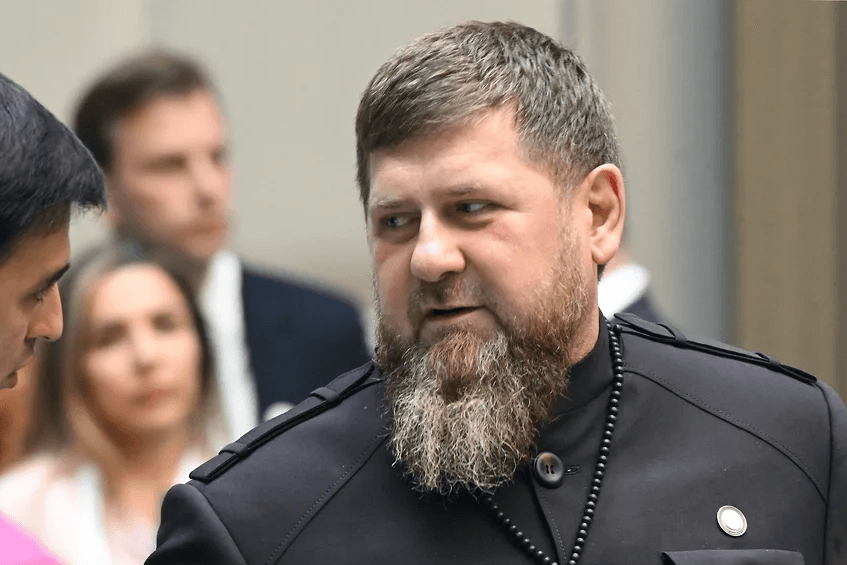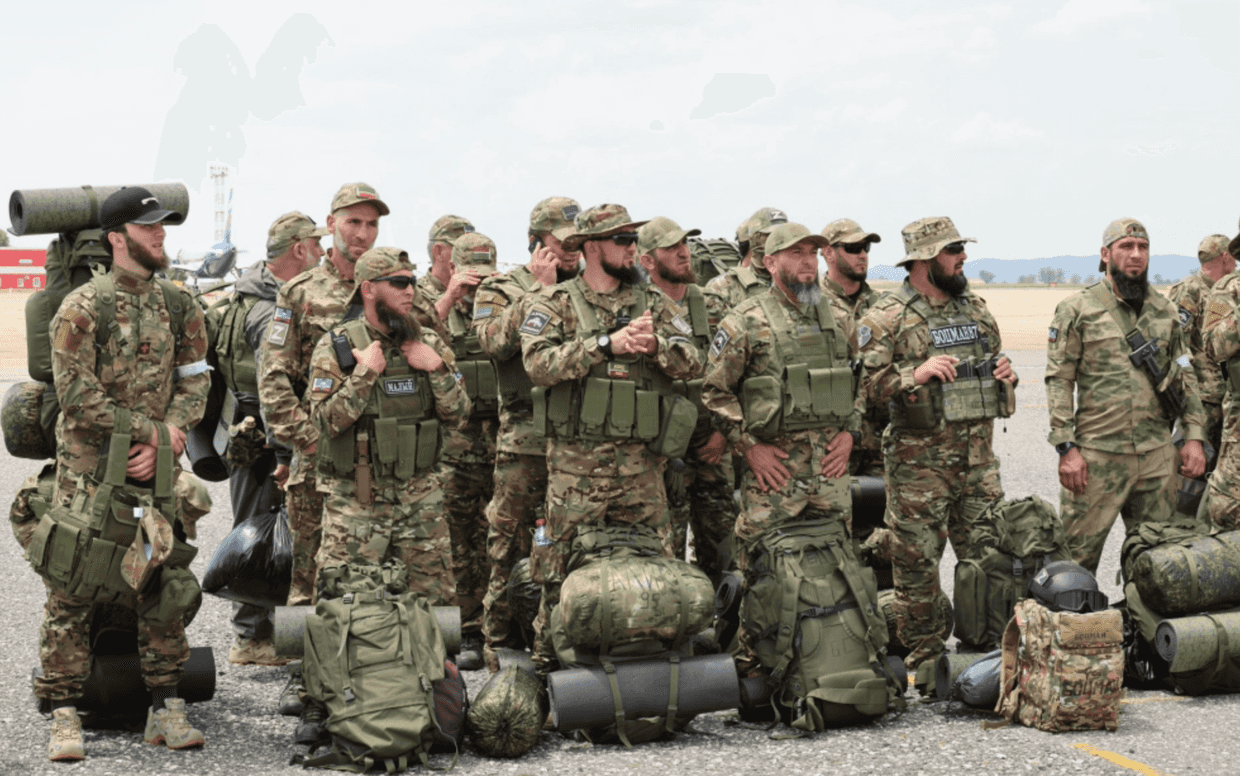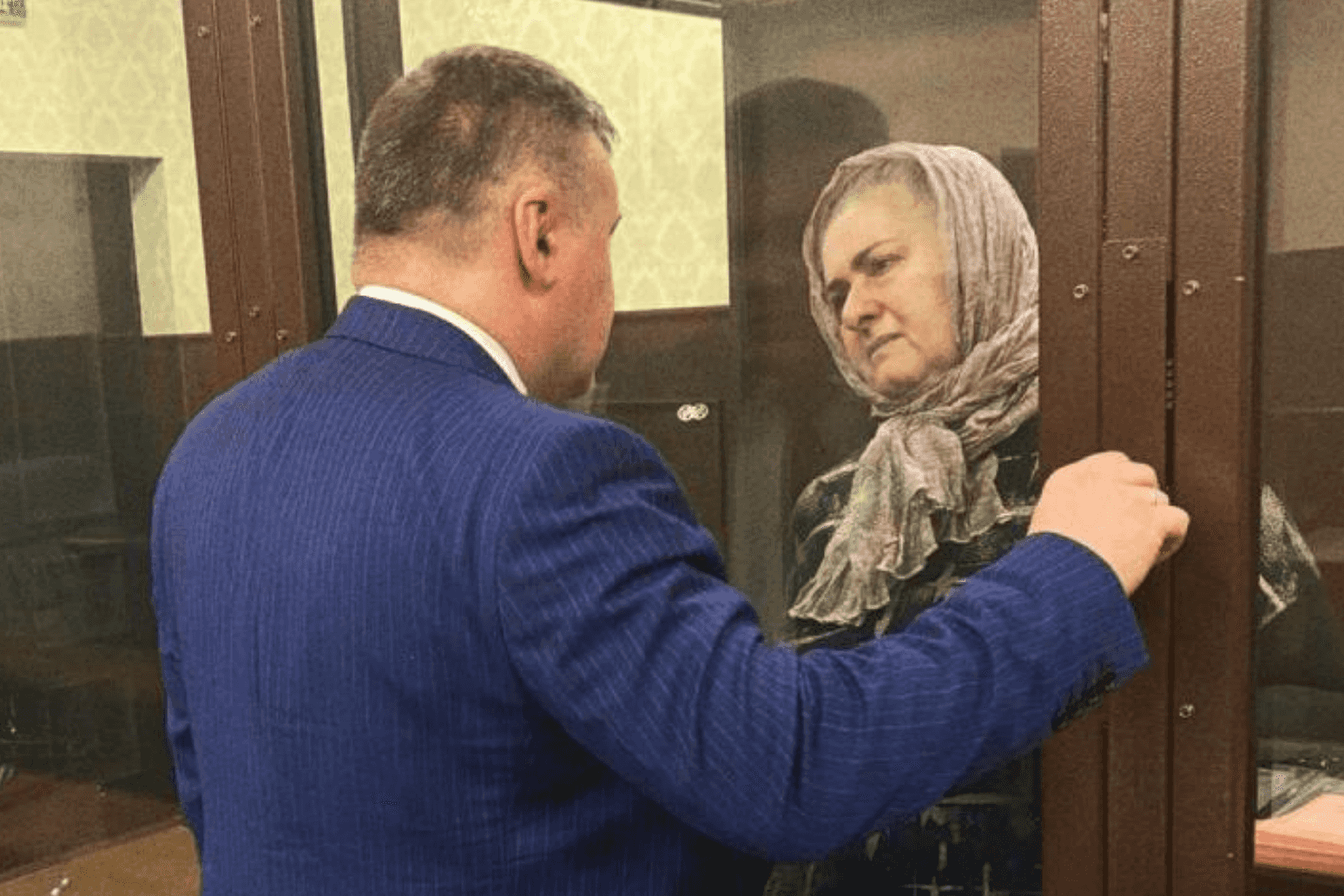
Chechen Head Ramzan Kadyrov stated on Monday that he has asked to be relieved of his post. He added that he hoped his request would be supported, though he did not clarify by whom.
His remarks, reported by the local news agency Chechnya Today, came in response to persistent rumours about his impending resignation.
‘I’ve heard those rumours too. People write all sorts of things. On the contrary, I myself am asking to be relieved of my duties. A different person would bring in new ideas and a new vision. I hope my request will be supported’, Kadyrov told journalists on Monday.
This is not the first time Kadyrov has publicly expressed a desire to step down.
In 2022, Kadyrov claimed he had overstayed his welcome and deserved an ‘indefinite and long holiday’. He expressed the hope that he would be ‘understood and supported’.
At the same time, however, he made a contrary statement and suggested postponing the talk about his resignation for the future. Kadyrov then referred to the fact that he could not leave his post as head of Chechnya without asking the citizens and Russian President Vladimir Putin.
In July 2023, Kadyrov announced his intention to run again as head of Chechnya.
‘No one is being sought to take my place, and I will not allow the need for a search to arise. When the term expires, Allah willing, I will go to the polls again, and if the people elect me, I will continue to work’, he asserted.
Kadyrov has been the head of Chechnya since April 2007. In April 2021, he topped the ranking of longest serving governors after the resignation of Sergei Morozov, head of the Ulyanovsk Oblast. Later that year, in September, Kadyrov was elected for a new five-year term virtually uncontested with 99.7% of the vote. The vote, however, was marred by irregularities, with one critic calling what took place in the North Caucasus a ‘forced vote’.

On Monday, the independent Russian media outlet Novaya Gazeta Europe published an investigation suggesting that a managed power transition may already be under way in Chechnya, citing a sharp deterioration in Kadyrov’s health.
According to sources within the Chechen government, as cited by Novaya Gazeta, Kadyrov has effectively withdrawn from day-to-day governance since February. His responsibilities have reportedly been assumed by the head of the Chechen government, Magomed Daudov. At the same time, a public campaign has emerged to promote Kadyrov’s 17-year-old son, Adam, as a potential successor.
Journalists have reported that in February, Kadyrov underwent medical treatment at a private clinic in Grozny owned by his wife, Medni Kadyrova. Sources claim he did not leave the clinic for several weeks. To conceal this absence, the press service released footage allegedly showing Kadyrov visiting a construction site named after Putin. The visit, however, was reportedly staged: Kadyrov made only a brief appearance before quickly departing under heavy security.
Shortly thereafter, he appeared at the funeral of Chechen State University rector Ziyadi Sazhidova, looking visibly unwell and fatigued — further fuelling speculation about his declining health. Since February, he has not appeared at official events in person; Daudov has represented him instead, which experts interpret as a sign of ongoing power transition preparations.
Amid these developments, portraits of Adam Kadyrov have begun to appear in administrative buildings and schools throughout Chechnya. Daudov, a close associate of the Kadyrov family, has played an active role in promoting Adam. Schools have reportedly held special assemblies featuring Adam’s speeches and discussions about his ‘patriotism and personal bravery’. Pro-government Telegram channels frequently post videos and photos of Adam dressed in uniform, surrounded by armed guards and official insignia.
In September 2023, Adam Kadyrov was at the centre of a scandal after a video surfaced online showing him beating a detainee — Nikita Zhuravel — accused of burning a Quran. Ramzan Kadyrov’s press service defended the action, claiming Adam had ‘taken responsibility’ and acted ‘like a man’.
Despite public outrage, Adam was awarded the title of Hero of Chechnya in 2024 and appointed as his father’s aide on security matters. His public presence has since increased significantly, and last month he was named supervisor of the Chechen Ministry of Internal Affairs — a post that did not previously exist. Neither Russia’s Federal Prosecutor’s office nor local branches in Chechnya commented on the appointment. On 22 April, Adam was appointed secretary of the Chechen Security Council.
Given the pace at which Adam’s public image is being cultivated, Novaya Gazeta Europe has concluded that the authorities may no longer expect Ramzan Kadyrov to remain in power for the long term. Nevertheless, the Kremlin has made no official statement regarding a possible resignation.
Earlier, the independent media outlet iStories and several Telegram channels reported a falling-out between Ramzan Kadyrov and Putin. The rift was allegedly caused by Kadyrov’s repeated, unsanctioned talks with representatives of Gulf monarchies concerning the future of his assets and the security of his family. According to these sources, the talks primarily involved Qatar. Indirect evidence of this reported rift includes the disappearance of Kadyrov’s influential ally Adam Delimkhanov from public view, the resignation of Kadyrov’s daughter Aishat from the post of deputy prime minister, and Putin’s supposed refusal to support Adam as Chechnya’s informal leader and Ramzan Kadyrov’s eventual successor.
Novaya Gazeta Europe, however, disputed this version of events. Their investigation argues that Kadyrov’s primary goal is to restructure the foundations of his regime while preserving family control over security agencies and business interests, which permeate every sector of the Chechen economy.
‘Most importantly’, the article stated, ‘[Ramzan Kadyrov] needs to secure personal guarantees from the Russian president for his children. Without this, the plan is unviable — and Kadyrov began working toward these guarantees two years ago’.
If this plan is realised, any figure formally appointed as head of the republic — whether hand-picked by Kadyrov or Moscow — will find their real authority severely limited, the journalists concluded. Financial resources and control over power structures such as the police and National Guard would remain in the hands of Kadyrov’s successors and the powerful Chechen clans behind them. Their loyalty is secured in part through family ties to the Kadyrov children.











